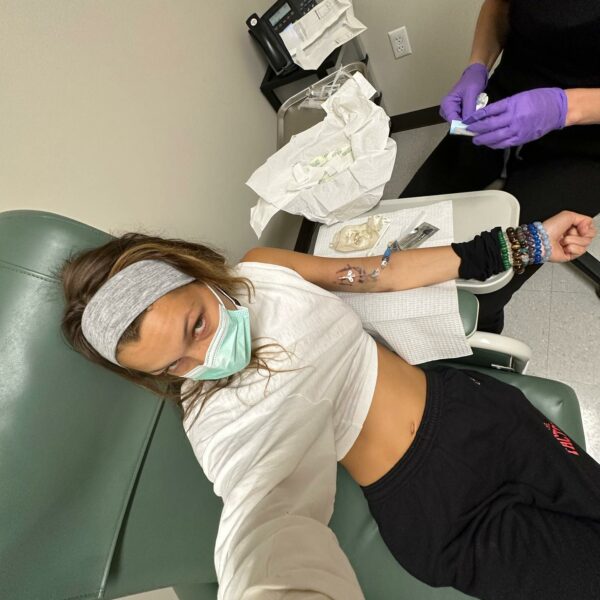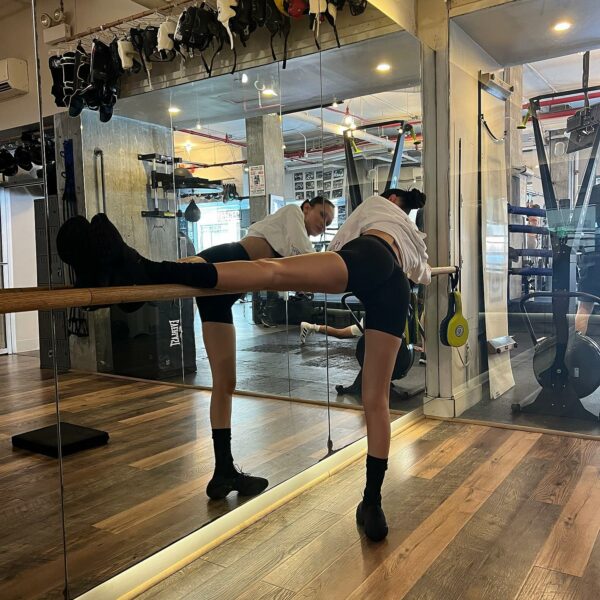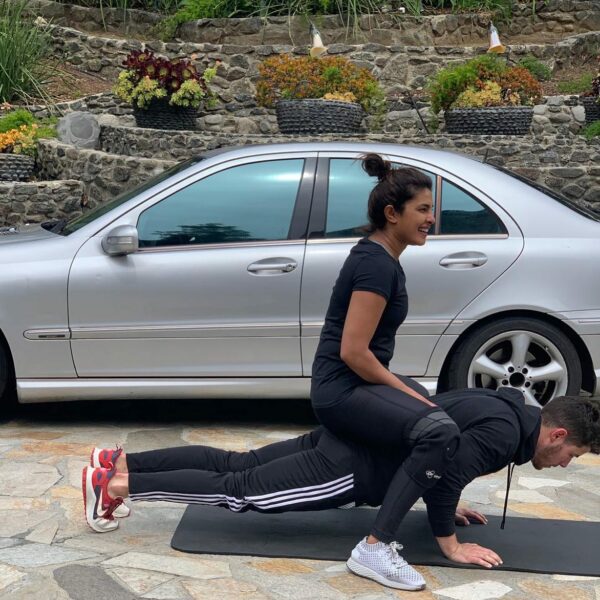It’s no secret that when we look good, we feel good. So, obvs, in our gym rat era, we prioritize max effort and consistency when working out to get snatched.
But one thing that’s easy to forget or even dismiss is rest and recovery.
Miriam Fried, founder and head trainer at MF Strong says, “Rest and recovery are the building blocks of any workout routine. Physically, your body needs adequate rest time to build muscle and recover, so you can perform your best in future workouts.”
She also says these periods have a positive impact on your mental health. “They allow you to feel energized, stay motivated, and avoid burnout.”
Though the exact amount of rest and recovery varies between individuals and depends on multiple factors like the intensity of your workouts, Fried says they aren’t optional.
Below, Fried shares four of her favorite tips to reprioritize rest and recovery. And they’re free!
1. Snoozers aren’t losers.
Getting enough sleep is a cornerstone of exercise recovery. While “enough” varies between individuals, Fried suggests seven to eight hours per night for most people.
2. Count calories the healthy way.
Another important ingredient for repair after intense exercise is eating an adequate number of calories for your specific body. “Remember that what we eat provides us with the energy necessary to perform in the gym and build muscle. Undereating paired with overtraining is a really good way to burn yourself out very quickly,” she shares.
Fried explains that there isn’t a one-size-fits-all standard for the amount of water we should be consuming on recovery days (or any other days), but hydration is essential. “My tip is always to keep a large water bottle with you, refill it regularly, and drink when thirsty,” she says.
Fried encourages people not to overdo it at the gym and get out of their heads by listening to their body. It will tell you what it needs. “If you’re constantly sore and fatigued, this could be a sign you’re doing too much, and it’s time to scale back.”
For those who just can’t sit still, there are a couple of ways to move your body without jeopardizing its recovery. “Light movements like stretching and mobility work or walks can be done on rest days. They may even feel good if your muscles are sore.” Fried says. But she also emphasizes, “It’s also absolutely fine to take a full rest day. Your body will likely thank you for it.”
Shop our fitness collection:
Up next, be the first to know our weekly content and sign up for our Poosh newsletter.





































